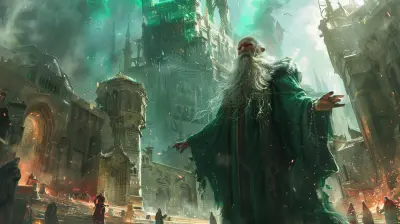The Role of Player Morality in PlayStation Exclusive Titles
3 October 2025
You know that moment in a game where you're staring at the screen, controller in hand, and you're faced with a decision that could totally change the story? Like… do you save the guy who tried to steal from you, or do you let him get what’s coming to him? If you're a fan of PlayStation exclusives, you’ve probably found yourself in that spot more than once.
In fact, moral choices are practically baked into the DNA of many iconic PlayStation titles. But why? Why keep testing our ethics in a hobby that's supposed to be, well, fun and relaxing? That’s what we’re here to talk about: The role of player morality in PlayStation exclusive titles. Buckle up, because we’re diving headfirst into the emotional rollercoaster that is morally-driven gameplay—where your decisions mean something, even if it's just in a virtual world.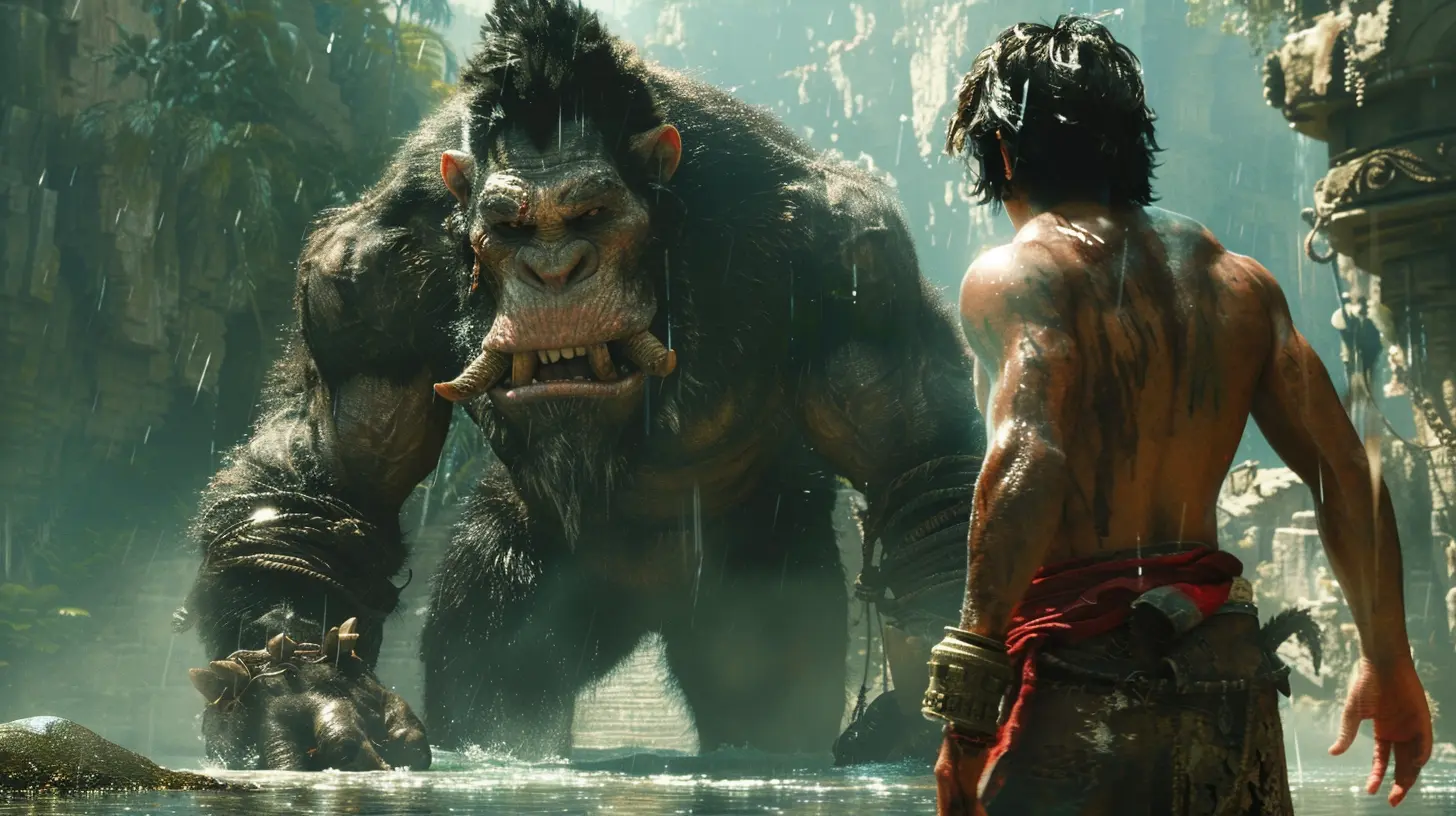
What Even Is Player Morality in Gaming?
Okay, let’s get our terms straight. "Player morality" refers to the choices players make in video games that reflect ethical dilemmas—good vs. evil, selfishness vs. selflessness, revenge vs. forgiveness… you get the idea.Now, some games are black and white about this. You choose "good," you get angel wings and soft piano music. You choose "bad," suddenly you're rocking red eyes and ominous background humming. But in many PlayStation exclusives, morality isn't that simple. It's nuanced. It’s messy. Just like real life.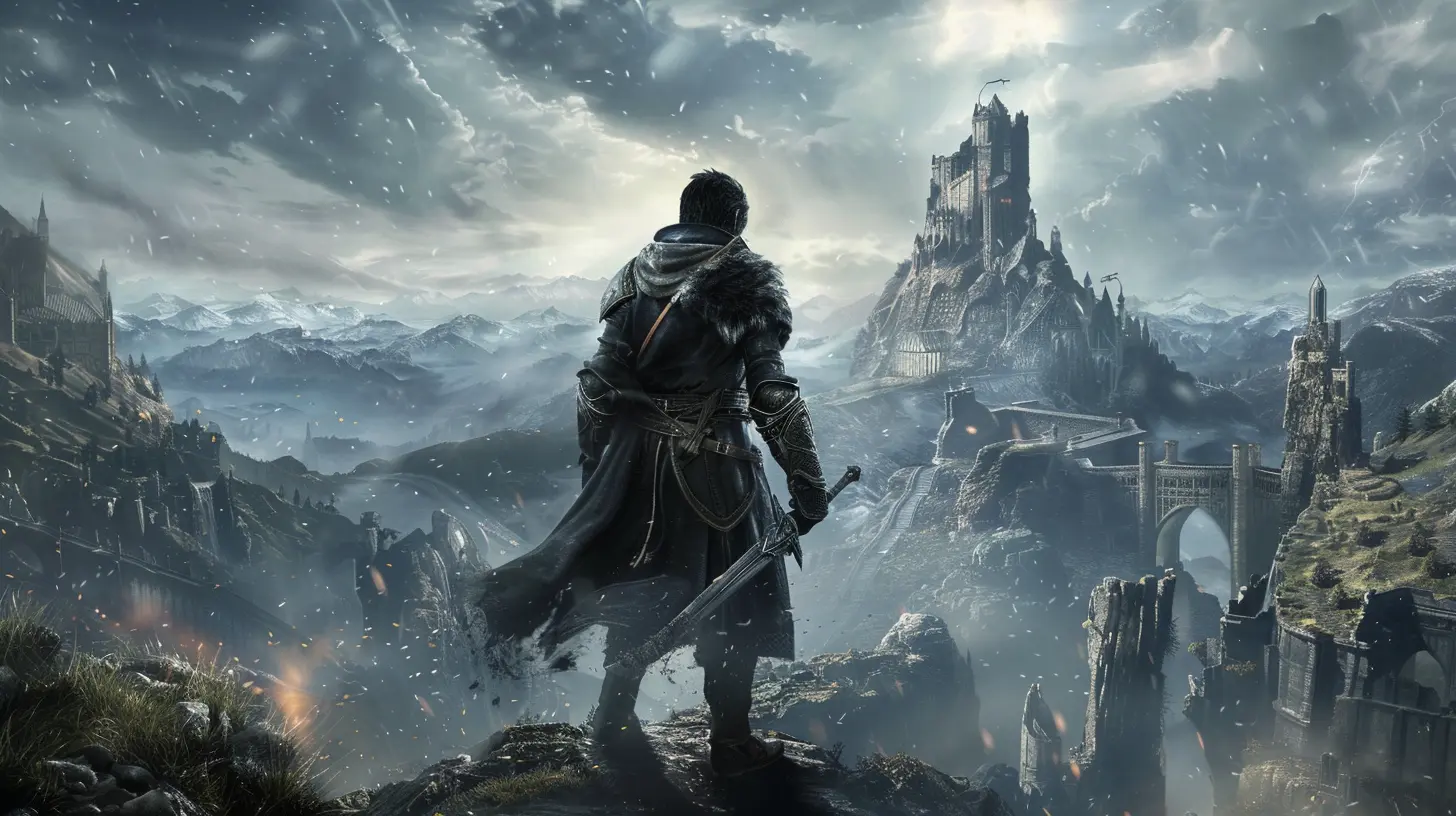
Why PlayStation Exclusives Nail It
Let’s give credit where it’s due—Sony’s exclusive titles don’t just throw in moral decisions for drama’s sake. They weave them into the story so naturally that you often don’t even realize you’re making a “moral” choice. Until it punches you in the gut later.Seriously, these games are less “Choose Your Own Adventure” and more “Experience a Complex Emotional Saga That Will Haunt You at 3 AM.”
Here’s why PlayStation exclusives stand out:
- Engaging Storytelling
- Deep Character Arcs
- Consequences That Matter
- Cinematic Presentation
All of these ingredients combined help create moments that stick with you long after you've put down the controller.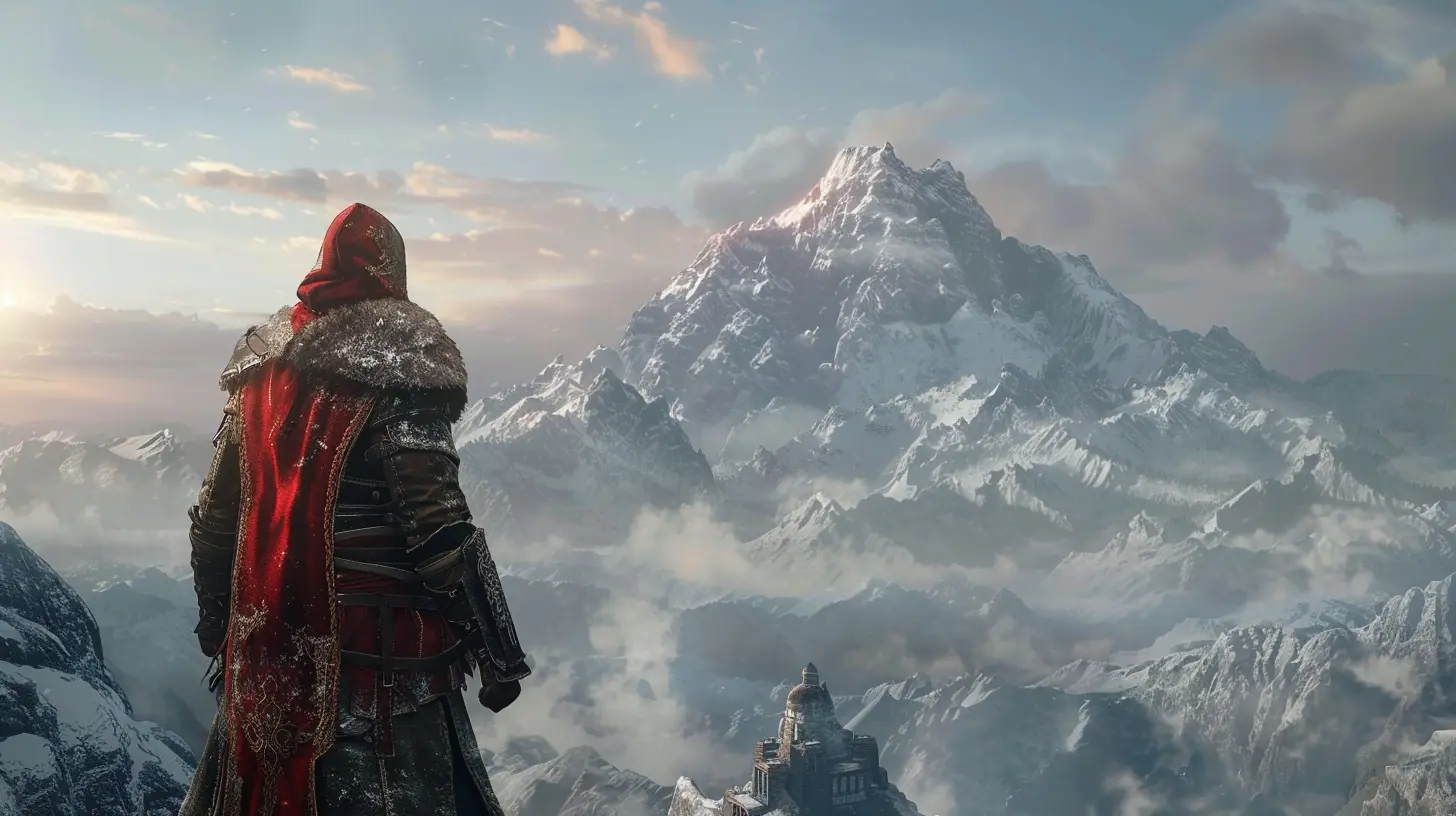
The Last of Us Series – Survival Ethics 101
We can't talk morality and PlayStation without bringing up Naughty Dog's crown jewel: The Last of Us. The entire series is a masterclass in grey-area decision-making.Remember Joel’s decision at the end of the first game? No spoilers, but if you know, you know. The choice he made wasn't just a plot twist—it was a morally seismic event.
The sequel, The Last of Us Part II, doubled down on this theme. You’re not just watching characters make hard choices. You’re being asked to empathize with people you might not even like. It pushes your empathy to the edge, and then it asks you to jump.
Whether you agree with the characters' actions or not, one thing’s for sure: morality in this game isn’t optional. It’s the core mechanic.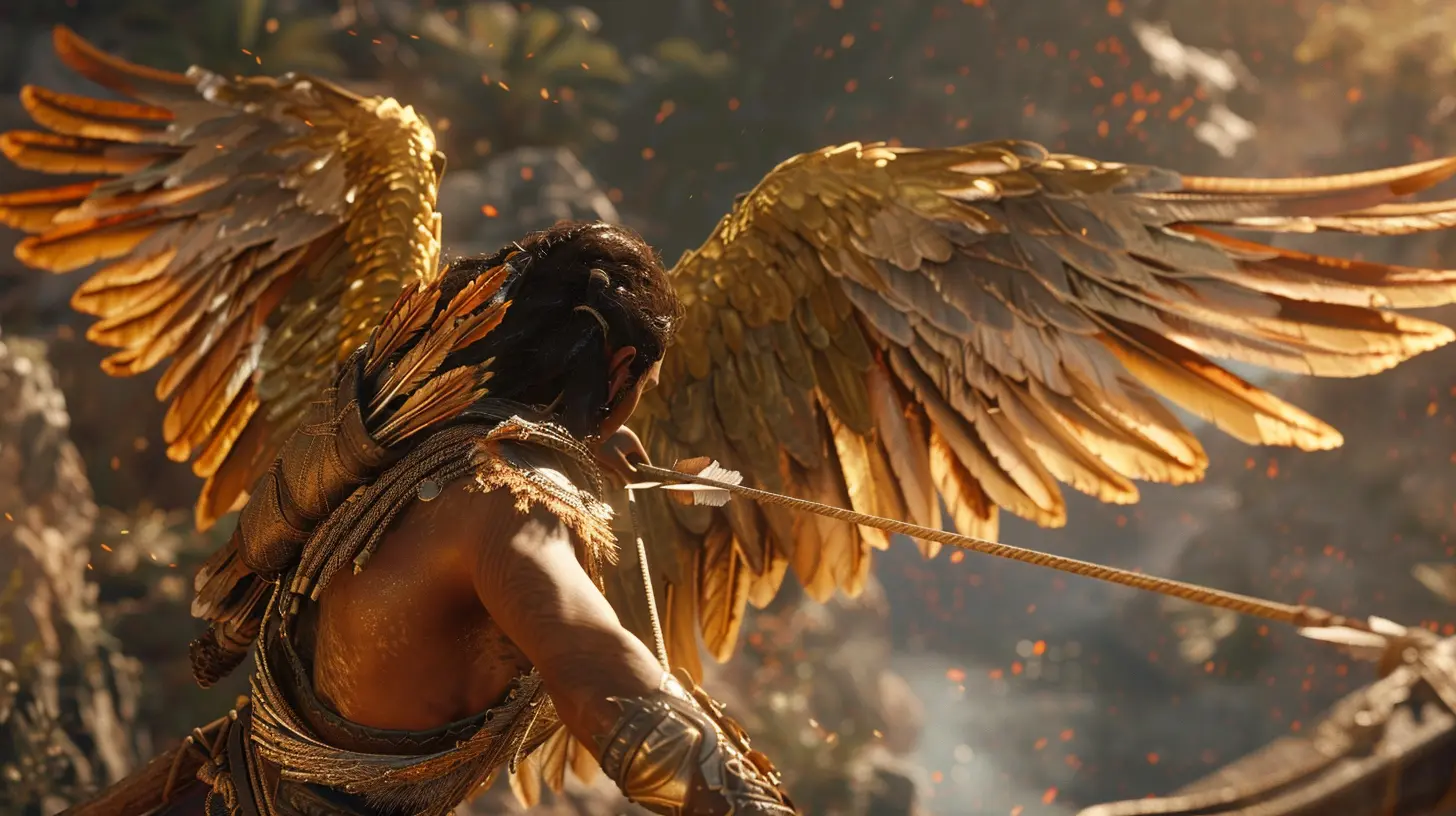
Ghost of Tsushima – Honor vs. Necessity
Ah, Ghost of Tsushima. A game so beautiful it made us want to write haiku… even if we had no idea what we were doing.Set in feudal Japan, you play as Jin Sakai, a samurai torn between upholding the honorable way of the warrior and using "dishonorable" tactics to save his people. This is another elegant example of moral conflict coming from within a character, not just from a binary choice menu.
As Jin, you start to question whether following the samurai code is really worth it if it means losing the fight—and your people. The game doesn’t outright punish you for veering off the path of honor, but the narrative reacts to your choices in subtle ways. It’s not about being “good” or “bad.” It’s about asking, “At what cost?”
Infamous Series – Do You Want to Be the Hero or the Antihero?
Now this one’s more upfront with the moral mechanics, but it still deserves a spot on our list. The Infamous games offer a literal karma system where your actions define whether people cheer your name or run in fear.And hey, who doesn’t love a good “lightning from the heavens vs. red hellfire” kind of hero arc?
In Infamous: Second Son, Delsin Rowe’s powers grow depending on the moral path you choose. Help the innocent? You're rewarded with abilities styled around precision and control. Embrace chaos? You get powers that put the "boom" in boomtown. It’s a classic good vs. evil system, but executed with such style and fun that you actually want to replay it just to see how the story flips.
Detroit: Become Human – Morality Multiplied
Quantic Dream took moral decision-making and basically turned it into the entire structure of the game.In Detroit: Become Human, you play as three different androids, all of whom face different ethical challenges related to freedom, identity, and human rights. And when I say your choices matter? I’m not kidding. Even small decisions can affect who lives, who dies, and how the world views androids.
The game’s branching narrative means that not only are you shaping each character’s journey, but you’re also influencing the entire revolution. No pressure, right?
The magic here is that morality isn't one-size-fits-all. What seems like the “right” choice for one character might be disastrous for another. It’s a moral Rorschach test, and it plays your emotions like a fiddle.
God of War (2018) – A Journey of Redemption
Kratos used to be the poster child for rage-fueled, God-punching carnage. But in God of War (2018), he's a dad now. A really grumpy, emotionally repressed, but trying-his-best kinda dad.The game focuses heavily on Kratos teaching his son Atreus not just how to survive, but how to be a good person. You see a man wrestling with his past, trying to steer his son away from the kind of blind, destructive path he once walked.
Morality, in this game, is subtle. It’s in the quiet conversations between father and son. It’s in the moments where Kratos holds back instead of lashing out. It's moral growth. And in a series that used to be all about sheer rage, that’s a downright revolutionary twist.
So, Why Does Player Morality Matter?
Let’s be honest: most of us aren’t playing games to wrestle with existential dread. We just want to have a good time, maybe escape reality for a few hours.But guess what? Moral decisions in games make everything feel more real. They create emotional stakes. They turn NPCs into people you actually care about. Suddenly, you're not just smashing buttons—you’re shaping lives (even if they’re digital).
Plus, moral choices make us look inward. They reflect who we are—or who we want to be. Are you someone who forgives easily? Or do you hold grudges like a champ? These games help us explore those questions in a safe (and super entertaining) way.
The Butterfly Effect: Small Choices, Big Consequences
One of the coolest things about morality in PlayStation exclusives is the way small decisions ripple out. Like, maybe you chose to lie to a character early on to protect their feelings. Seems innocent, right? Fast forward five hours, and that same character betrays you because they found out the truth.It’s like moral karma, but with better graphics.
These consequences make your playthrough feel personal. No two journeys are exactly the same, and that's what makes the story truly yours.
Final Thoughts: Press X to Feel Things
Player morality in PlayStation exclusive titles isn’t just a gimmick. It’s a storytelling tool. It pulls us deeper into the game world and makes us feel like our choices matter. Whether it’s deciding the fate of humanity or just choosing how to treat a stranger on the road, these decisions carry weight.And yeah, sometimes it’s stressful. But it’s also what makes these games unforgettable. After all, where’s the fun in being a gamer if you’re not a little emotionally traumatized once in a while?
So the next time a PlayStation exclusive throws a moral curveball your way—embrace it. Ask yourself, “What would I do?” You just might surprise yourself.
all images in this post were generated using AI tools
Category:
Playstation ExclusivesAuthor:

Jack McKinstry
Discussion
rate this article
1 comments
Echo Mercado
Great read! It’s fascinating how player morality shapes our adventures in PlayStation exclusives. Whether you’re a hero or a villain, each choice adds a sprinkle of fun and depth to our gaming experiences. Keep exploring those moral dilemmas—gaming is all about the journey!
October 15, 2025 at 2:49 PM

Jack McKinstry
Thank you! I'm glad you enjoyed it. Player morality truly enriches the gaming experience, making each choice meaningful. Happy gaming!

